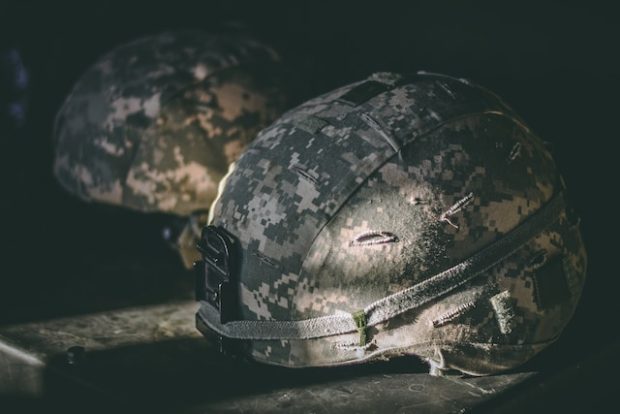Veterans are individuals who have selflessly served their country, defending the nation’s freedoms and values. They come from diverse backgrounds and have unique experiences shaped by their military service. In this article, we will explore the four main types of veterans: active duty veterans, reserve and National Guard veterans, retired veterans, and disabled veterans.
By understanding the distinctions and contributions of each type, we can better appreciate the sacrifices made by these courageous men and women.
Active Duty Veterans
Active duty veterans are those who serve full-time in the Armed Forces. They are an integral part of military operations, defending the nation’s security and interests. Active duty service can involve combat missions, humanitarian efforts, and training exercises.
These veterans face unique challenges, including long deployments away from family and the potential exposure to dangerous situations. However, they also gain a strong sense of camaraderie and pride in serving their country. Support and resources for active duty veterans include benefits such as housing allowances, healthcare, and educational opportunities to aid in their personal and professional development.
Reserve and National Guard Veterans
Reserve and National Guard veterans serve part-time while also maintaining civilian careers. They play a critical role in supporting active duty forces during times of need, as well as responding to domestic emergencies and natural disasters. Reserve and National Guard units are often called to active duty for deployments or training exercises.
Retired Veterans
Retired veterans are individuals who have completed their active duty service and have met specific eligibility criteria for retirement. After dedicating a substantial portion of their lives to military service, these veterans embark on a new chapter. Retirement offers opportunities for personal growth, second careers, and spending quality time with loved ones.
Disabled Veterans
Disabled veterans are individuals who have incurred injuries or illnesses related to their military service. These service-connected disabilities can have profound effects on their lives, impacting their physical and mental well-being. Disabled veterans may face challenges in daily activities and employment opportunities because of their conditions.
The Unique Contributions of Each Veteran Type
Each type of veteran contributes significantly to the nation’s defense and well-being. According to the U.S. Census Bureau, there were around 16.5 million veterans in the United States in 2021. Active duty veterans embody strength, resilience, and dedication while serving on the front lines.
Reserve and National Guard veterans provide essential support and help during times of crisis. Retired veterans bring valuable experience and leadership to their communities and industries, while disabled veterans show unwavering determination and courage in overcoming challenges. Collectively, veterans represent the epitome of service and sacrifice, and their contributions are essential to the nation’s strength and security.
Housing Initiatives
In recognition of their service and sacrifices, there are various programs and initiatives dedicated to providing housing help to veterans. Homeownership is a significant aspiration for many veterans, and there are resources available to help make this dream a reality such as jumbo VA loans. Government-backed home loan programs, such as the VA home loan program, offer favorable terms, including no down payment requirements and lower interest rates, making homeownership more accessible for eligible veterans.
By supporting homes for veterans, we can give back to those who have given so much to our nation, expressing our gratitude through actions that enhance their quality of life.
Honoring Veterans and Supporting Their Needs
Recognizing the sacrifices made by veterans is an ongoing duty for every citizen. National holidays, such as Veterans Day, provide opportunities to honor their service publicly. However, the support must extend beyond these observances.
Communities play a vital role in welcoming and assisting veterans as they transition to civilian life. Engaging in local initiatives, advocating for veterans’ rights and benefits, and offering a helping hand can make a significant difference. It is a shared responsibility to ensure that those who have served our country receive the respect, gratitude, and support they deserve.
Conclusion
As we honor veterans and their service, it is essential to recognize the diversity and unity they bring to our nation. The four types of veterans, each with their unique experiences and contributions, collectively represent the strength and spirit of the United States. Active duty veterans, reserve and National Guard veterans, retired veterans, and disabled veterans have all selflessly dedicated themselves to protecting our freedoms and ensuring a better future.
Their sacrifices deserve our utmost respect and appreciation, as we continue to honor and support them in their journey beyond the call of duty.
Read More:


